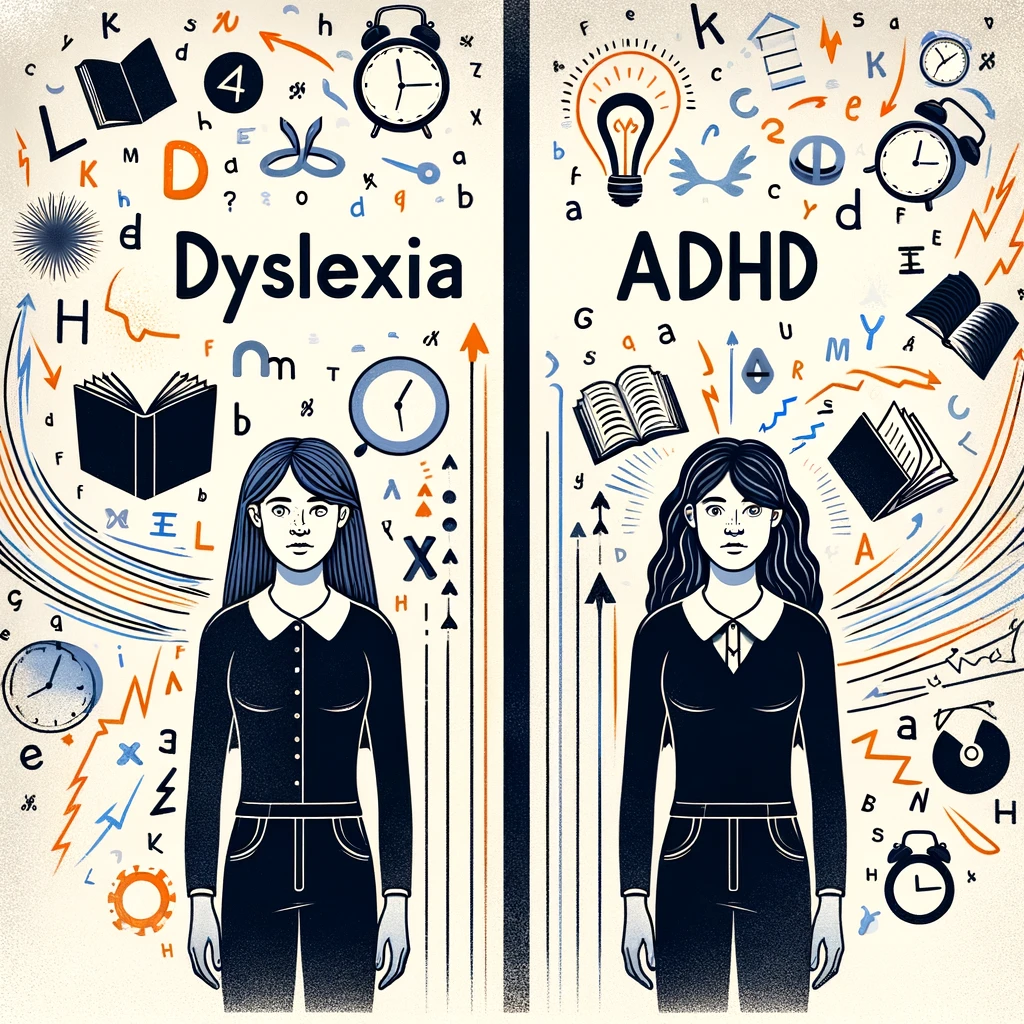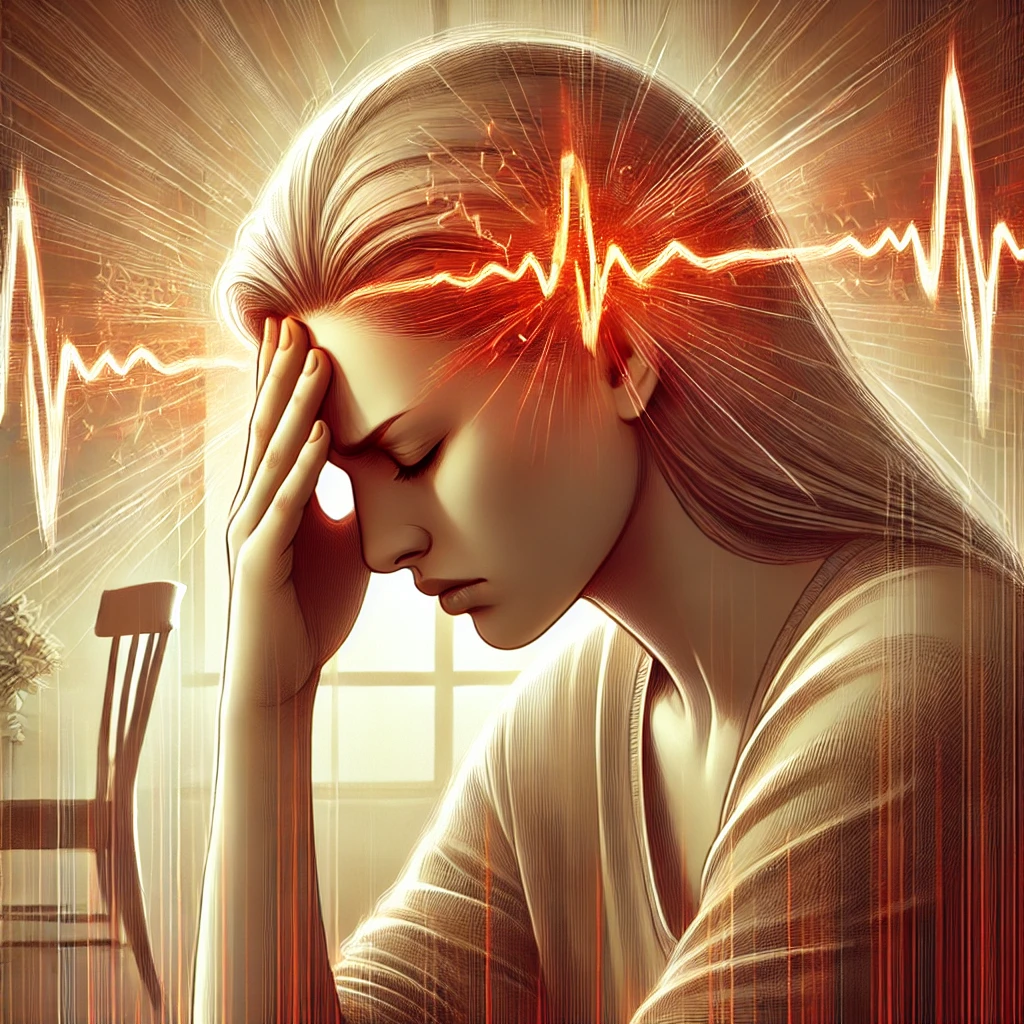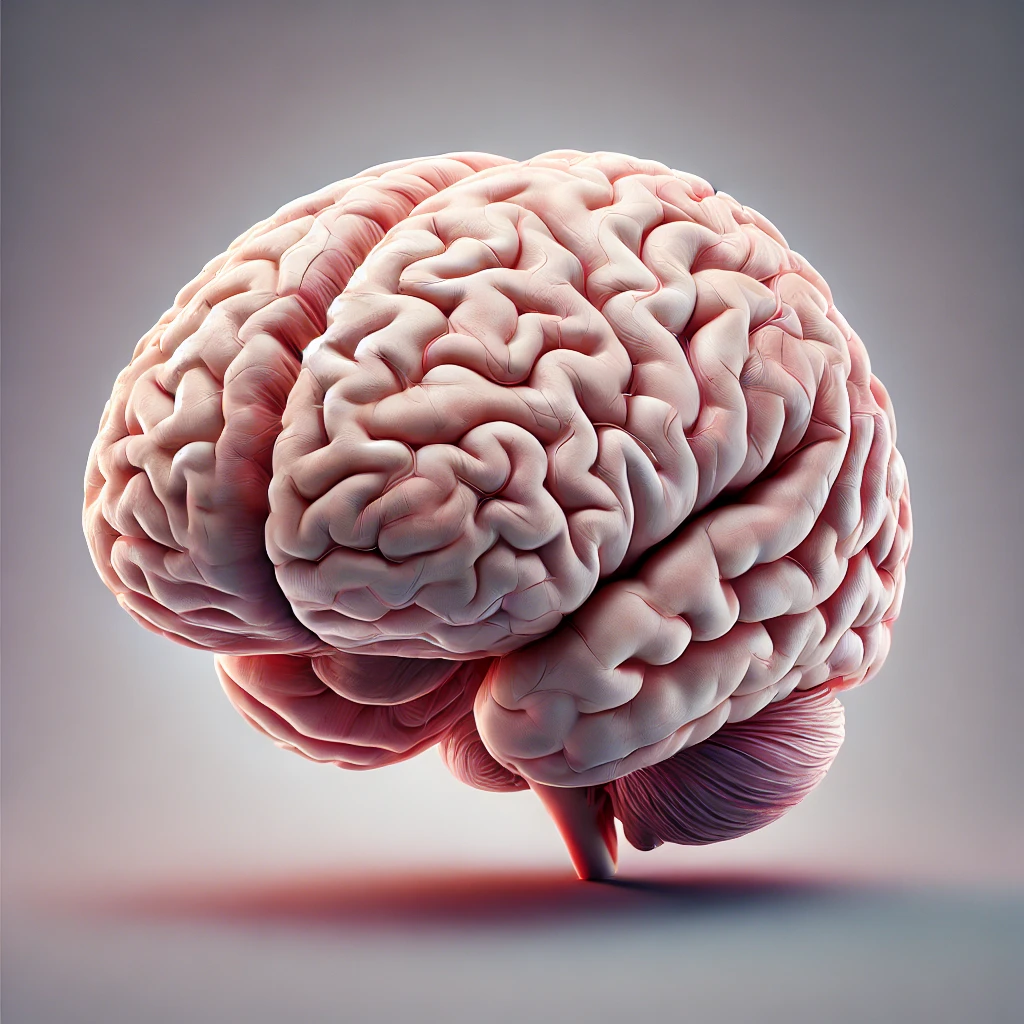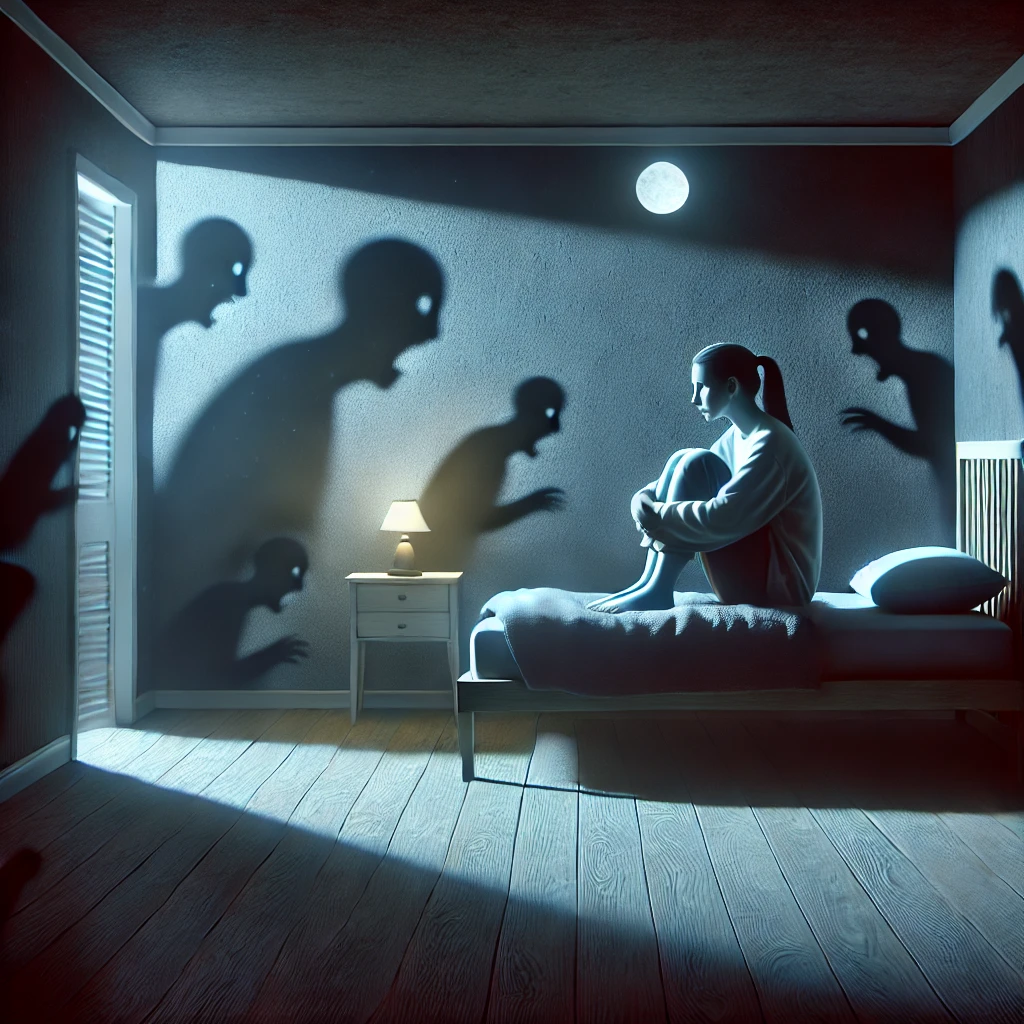ADHD and Social Anxiety: Empowering Women to Thrive
What is Social Anxiety?
Social Anxiety Disorder (SAD), also known as social phobia, involves a pronounced fear of being judged by others. People with SAD often perceive social interactions as overwhelmingly intimidating, leading them to experience significant anxiety or to avoid these situations entirely. This fear tends to be disproportionate to the actual threat posed by the social environment. To be diagnosed with SAD, the fear, anxiety, or avoidance must significantly disrupt critical areas of life, such as relationships, work, or education, and persist for at least six months, not attributable to other causes.

Why ADHD Women Experience More Social Anxiety
Women with ADHD are particularly susceptible to social anxiety. The heightened scrutiny and societal expectations placed on girls from a young age can deeply impact their self-esteem and fear of judgment. Many ADHD girls and women feel perpetually out of sync or misunderstood, compounded by challenges with executive functioning and emotional regulation. Avoidance of social situations often becomes a coping mechanism, though it paradoxically exacerbates anxiety. Rejection Sensitivity Dysphoria (RSD) can intensify feelings of criticism or rejection, making social interactions painfully distressing. Research indicates that a significant portion of adult ADHD people, especially women, struggle with social anxiety.
Using Social Anxiety as a Guide
Social anxiety can be a valuable tool for understanding what environments or relationships may not be serving your needs. By paying attention to when and where your anxiety arises, you can make more informed choices about the spaces and people that are truly supportive and affirming for you.
- What Triggers Your Discomfort? When you feel socially anxious, what specific elements of the environment or interaction are making you uncomfortable?
- Are There Patterns? Do you notice a consistent increase in anxiety around certain people or in specific settings? What do these patterns tell you?
Therapy for ADHD and Social Anxiety
ADHD'ers may experience social anxiety differently, mainly due to emotional trauma associated with criticism and rejection. For neurodivergent individuals, understanding neuronormative social cues and relationships can compound the challenge of social interactions. Trauma and bullying are unfortunately common in the lives of people with ADHD, necessitating a tailored approach to therapy.
- Building Relationships with Neurodivergent Peers: Connecting with others with similar experiences can provide a supportive environment, mitigating feelings of isolation and misunderstanding.
- Stress Management Techniques: Learning effective ways to manage stress can help alleviate some anxiety associated with social interactions.
- Improving Communication Skills: Enhancing communication skills can help reduce misunderstandings and improve relationships, which are often sources of stress for those with ADHD. This means finding ways to communicate your thoughts and feelings.
- Authentic Emotional Expression: Encouraging genuine expression of feelings can help reduce the need for masking, which is common among neurodivergent individuals. This practice also supports better emotional regulation.
- Fostering Safe Relationships: Developing relationships in which one feels safe and understood can significantly reduce social anxiety.
In addition to these personalized strategies, traditional therapies such as Cognitive-Behavioral Therapy (CBT) and Exposure Therapy can be adapted for those with ADHD. These therapies should be modified to incorporate understanding of the neurodivergent perspective, ensuring that they address the unique ways in which ADHD affects the individual's social anxiety. By combining these elements into a therapeutic framework, treatment for social anxiety in ADHD individuals can be more holistic and practical, addressing both the symptoms and the root causes of the anxiety.
SELF-HELP Reflection Questions for You!
- Consider Your Coping Mechanisms: What strategies do you currently use to manage social anxiety? Which have been effective, and which have not? Reflect on what works for you and what doesn’t. Are there any tips from the page that you haven’t tried but think might be helpful?
- Explore Your Social Interactions: Think about your social interactions. What specific situations or environments consistently trigger anxiety? Analyze these situations to understand the reasons behind your anxiety. Reflect on how you can adjust your social environment to better suit your needs. Consider changes you can make, such as opting for quieter venues or engaging in activities instead of purely conversational settings.
- Set Personal Goals: Set one or two small, achievable goals to help manage your social anxiety in the coming weeks. Examples might include educating a close friend about your ADHD or attending a structured social event. Why did you choose these goals, and how do you plan to achieve them? Reflect on the reasons behind your chosen goals and outline a clear plan for achieving them.
- Evaluate Your Support System: Who in your life understands your struggles with ADHD and social anxiety? Identify the people who offer understanding and support. How can you foster or strengthen these supportive relationships? Explore ways to deepen connections with those who support you. If you don’t have this support, what steps can you take to build it? Consider joining a support group or finding a therapist who specializes in ADHD.
- Plan for the Future: What long-term strategies can you implement to manage social anxiety more effectively? Consider lifestyle adjustments, seeking professional help, or educating those around you. What is your vision for how you’d like to feel in social situations in the future? Define your long-term goals for reducing social anxiety and enhancing social confidence.
Coping Skills Tips for ADHD and Social Anxiety
Sometimes anxiety in social situations comes from forcing yourself to mask, and it can be easier to work on if you give yourself permission to self-accommodate or advocate for your needs. Here are some tips tailored for ADHD women with social anxiety that keep this in mind.
- Educate Others About Your ADHD: Take the initiative to educate friends, family, and colleagues about how ADHD affects you, particularly in social settings. This can help them understand your needs and behaviors, fostering a more supportive environment.
- Set Personal Boundaries: It's okay to set boundaries around what makes you uncomfortable. Allow yourself to decline invitations or leave situations that increase your anxiety or make you feel out of place.
- Consider Physical Restlessness: If your ADHD makes it difficult to stay still, consider this when choosing social events. Opt for settings where movement is acceptable or can be discreetly managed.
- Choose Structured Social Scenarios: Look for social events that are predictable and structured, as they tend to be less overwhelming and require less effort to navigate socially.
- Avoid Long Conversations if Needed: If maintaining focus during long conversations is challenging, prioritize social gatherings that involve activities or formats that don’t center around extended discussions.
- Respect Your Comfort and Preferences: Consider your comfort and preferences when engaging in social activities. Choosing environments that you find less overwhelming can significantly reduce anxiety.
- Analyze Your Environment: Reflect on the social environments you typically avoid. Are they too noisy, bright, or otherwise sensory overwhelming? Choosing environments that are more sensory-friendly can greatly alleviate social anxiety.
- Leverage Your Strengths: Engage more in events and activities that play to your ADHD strengths like creativity, energy, and problem-solving. This can make social interactions more enjoyable and less stressful.
- Adjust Treatment Approaches: If traditional social anxiety treatments aren’t fully effective, discuss with your therapist about adjusting your treatment plan to suit your neurodivergent needs better, incorporating strategies that acknowledge and utilize your unique traits.
By implementing these strategies, women with ADHD can better manage social situations, allowing for more enjoyable and less anxiety-inducing experiences.
Research articles on ADHD and social anxiety
Jakobsson Støre, S., Van Zalk, N., Granander Schwartz, W., Nilsson, V., & Tillfors, M. (2024). The relationship between social anxiety disorder and ADHD in adolescents and adults: A systematic review. Journal of Attention Disorders, 28(9), 1299–1319. https://doi.org/10.1177/10870547241247448





